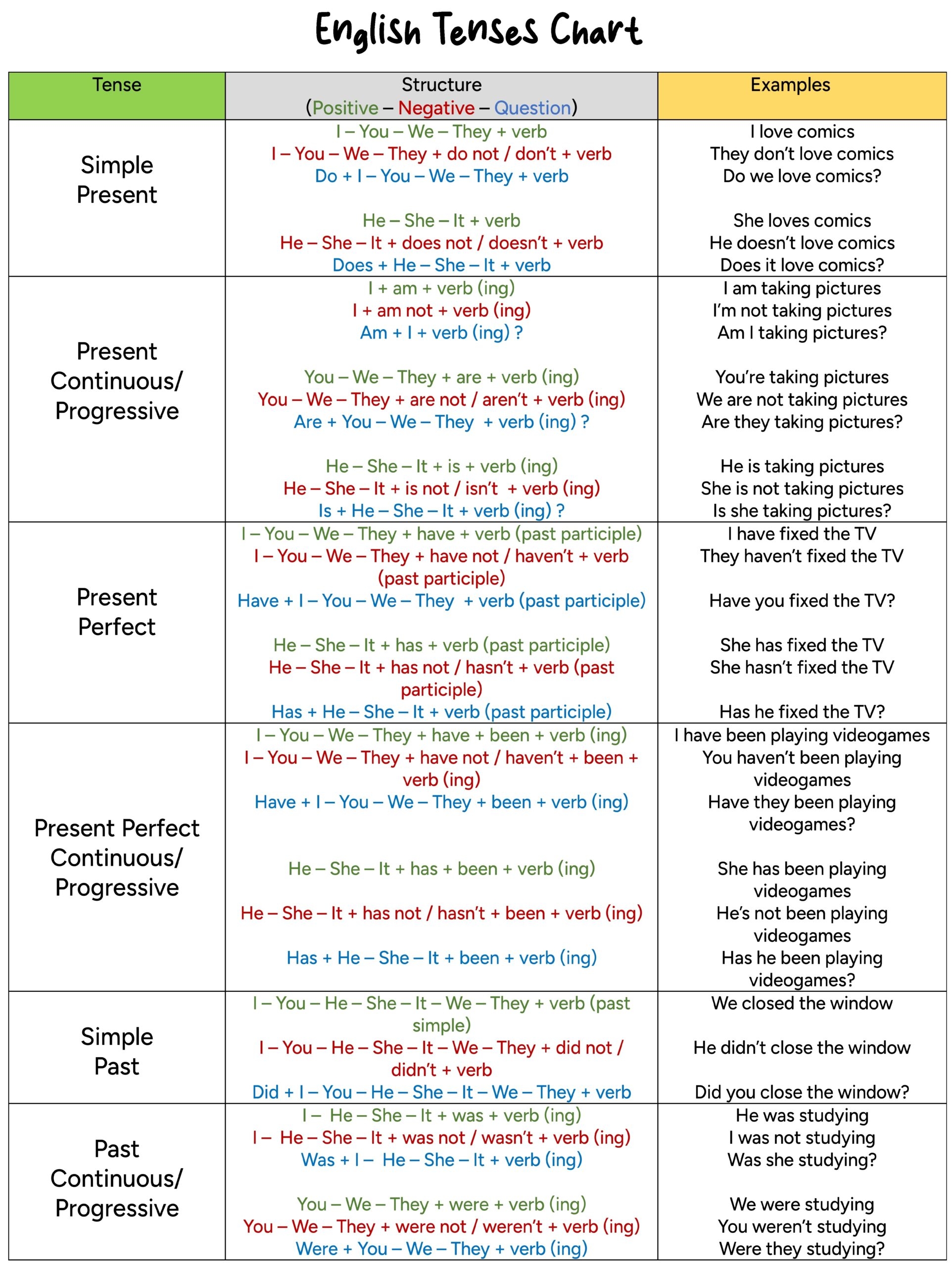Verbs are the backbone of any sentence, as they convey the action or state of being. Understanding the different tenses of verbs is crucial for effective communication in any language. One of the fundamental concepts in grammar is the simple tenses of verbs, which play a significant role in conveying when an action takes place.
By mastering the simple tenses of verbs, you can accurately describe actions that have happened in the past, are happening in the present, or will happen in the future. This knowledge is essential for constructing clear and coherent sentences in both spoken and written communication.
Simple Tenses of Verbs Meaning
Simple tenses of verbs refer to the basic forms of verbs that indicate when an action takes place. There are three main simple tenses: present, past, and future. Each tense is used to convey a different timing of the action.
The present tense is used to describe actions that are currently happening or habits. For example, “I eat breakfast every morning” indicates a routine action that occurs in the present. The past tense, on the other hand, is used to talk about actions that have already happened. For instance, “She finished her homework last night” refers to an action that took place in the past.
Lastly, the future tense is used to discuss actions that will happen at a later time. For example, “They will go on vacation next month” indicates a future action. Understanding when to use each simple tense is crucial for conveying the correct timing of actions in your writing or speech.
Mastering the simple tenses of verbs can greatly improve your language skills and make your communication more precise and effective. By using the appropriate tense in your sentences, you can paint a clear picture of when an action takes place and avoid confusion or misunderstandings.
In conclusion, the simple tenses of verbs are essential building blocks of grammar that help convey the timing of actions. By understanding and using the present, past, and future tenses correctly, you can communicate more effectively and accurately in any language. So, take the time to study and practice the simple tenses of verbs to enhance your language skills and become a more proficient communicator.
